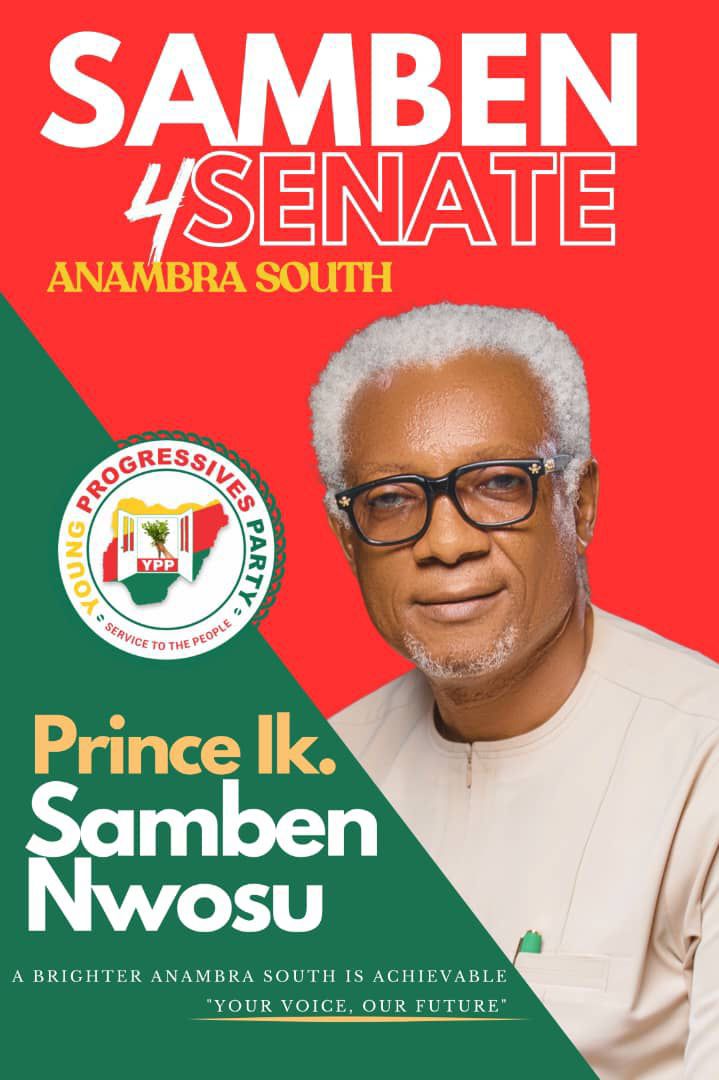As Nigerians continue to battle with hardship since the May 29, 2023 declaration of removal of petroleum subsidy and floating of the Naira by Nigeria’s president, Bola Tinubu, Vice President Kashim Shettima has confessed that the President Tinubu led All Progressives Congress (APC) administration is facing the difficult and challenging task of fixing the problems confronting country
Recall that the harsh economic policies have led to sharp increase in prices for food and goods, leaving the federal and various state governments to introduce various palliative measures that are yet to abate the situation
Shettima, a former governor and senator from Borno state, North East Nigeria, who made the declaration at the pre Ramadan lecture in Lagos, said the current administration has no plans of deceiving Nigerians or making life more difficult for citizens.
The lecture which had the theme: Economic Reform for Nigeria: Challenges and Prospects for the Future,” was organized by the University of Lagos Muslim Almuni (UMA)
Represented by his Special Assistant on Political Matters, Hakeem Baba Ahmed, the ice President assured that the current economic challenges confronting the country would soon be over, even as he urged Nigerians to react to the current realities “in a responsible and mature manner.”
He said: “Yet, my brothers and sisters, we do not have the choice of continuing in the direction that brought us where we are today. We have to fix this country, and failure to do this is not an option. All the options we have are difficult and challenging, and they are, without a doubt, more telling on the poor. If there are easier and reliable alternatives to the policy choices we have adopted, we would have adopted them.
“Our administration does not plan to make the lives of Nigerians more difficult. Nor do we intend to deceive fellow citizens that the change in direction and the expected outcome can be achieved without pain or sacrifices.
“We are also acutely aware that ours is a set of related Nigerian problems, and the solutions we seek must be genuinely informed by a Nigerian context, not the experiences of others or the preferences of special foreign interests which are removed from consequences of mis-steps or errors of judgement.
“We expect that Nigerians should express their feelings over our circumstances in a responsible and mature manner. We are also a deeply religious people, and we believe in the powers of faith and prayers.”





